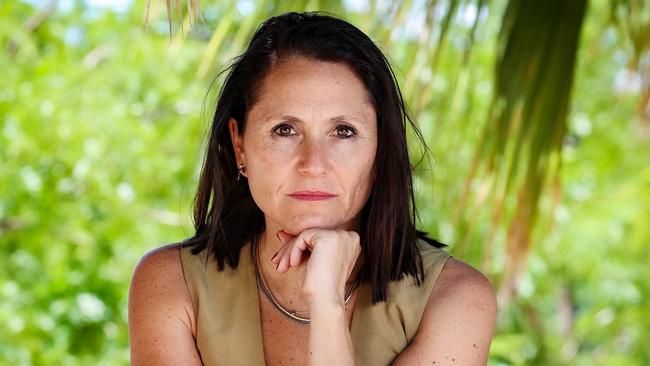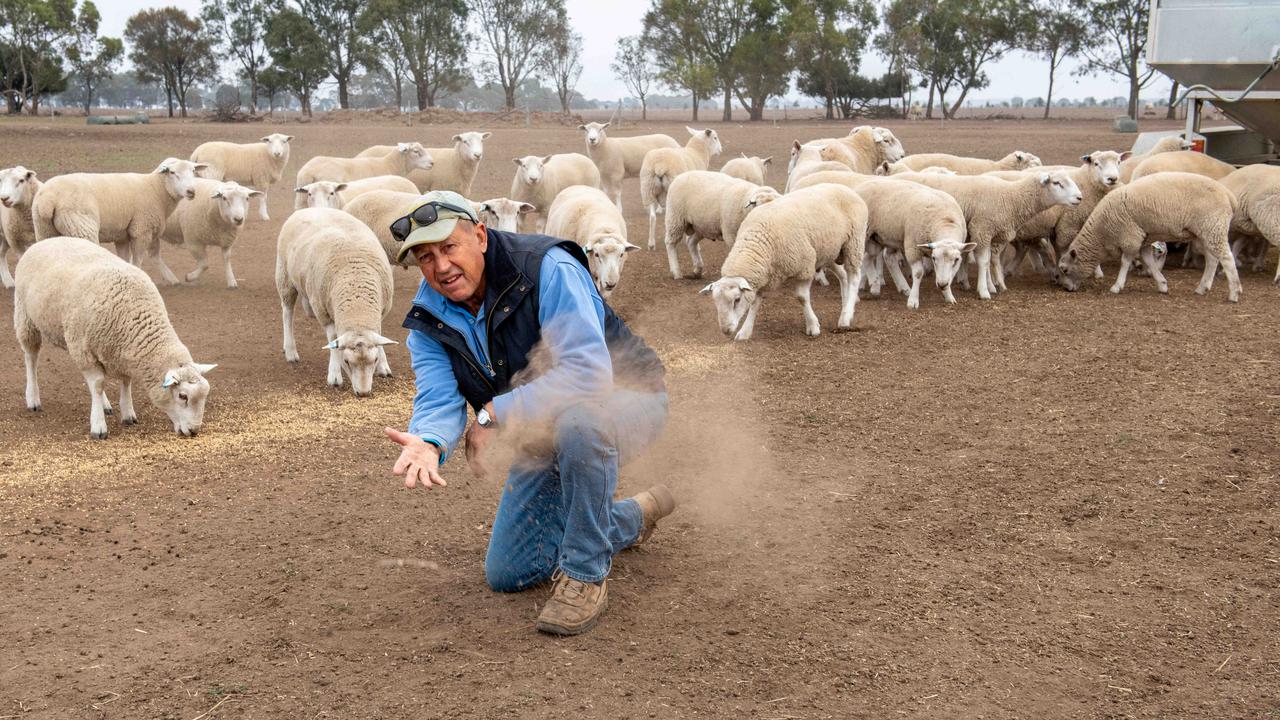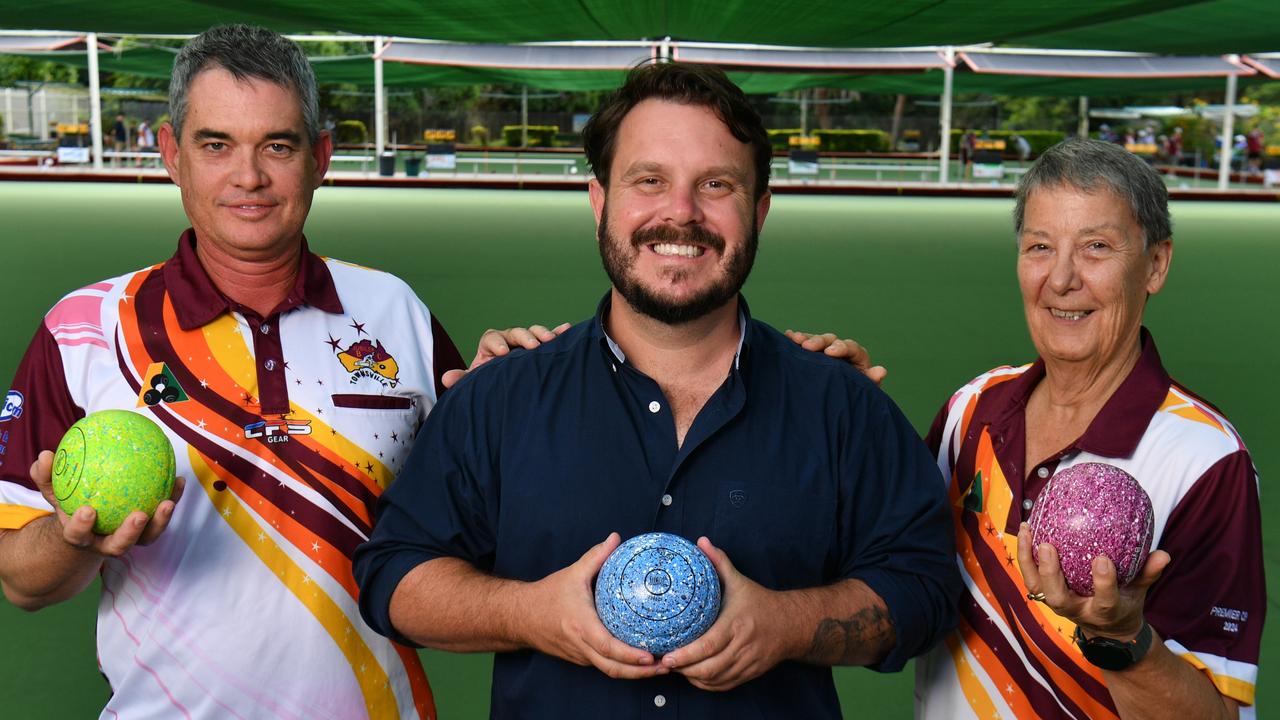Aid will flow back to UNRWA, but agency needs reform
The CEO of the Rozana International health organisation says UNRWA has an ‘unsustainable’ delivery model.

Australia and other countries that have suspended humanitarian aid to the UN aid agency whose staffers allegedly were involved in the October 7 Hamas attacks, will eventually switch back, according to the Rozana International health organisation CEO.
Ronit Zimmer, who is based in Tel Aviv, says the UN Relief and Works Agency (UNRWA) has an unsustainable delivery model that must be reformed.
“I think they’ll eventually resume funding,” she said during a visit to her hometown of Melbourne. “Given the dire humanitarian crisis in Gaza, I suspect funding will resume (after the allegations are investigated).
“They are providing healthcare and education to 70 per cent of the population in Gaza, they’re the de facto government in that field, they’re delivering the kinds of services the government should be delivering.”
UNRWA had been delivering aid from the international community since 1949 to about 200,000 people, but now had to assist two million people.
“It’s not sustainable. My personal belief is that the whole UNRWA model needs to be rethought. It has to be more about development. You’re building a society, you need to have good foundations and it can’t be an external provider doing that, it can’t be national governments just providing aid rather than building capacity and building society.”
Rozana, which was set up in 2013 by Australian businessman and philanthropist Ron Finkel to improve healthcare for Palestinians and promote good will among Israelis and Palestinians, has never worked with UNRWA. Ms Zimmer said it had tried to partner with the agency in Gaza before October 7, but had been denied permission by Hamas.
Ms Zimmer, who grew up in Australia and settled in Tel Aviv 21 years ago, said the decision in the “genocide” case at the International Court of Justice, would lead to more humanitarian aid.
“You’ve got to a dire humanitarian situation, bordering on famine,” she said. “At the very least more humanitarian aid will come in, people will be fed. In a broader context, hopefully, there’ll be some international pressure to have a diplomatic solution, which would include a ceasefire.”
Rozana had adapted its work after October 7, but had managed to continue its training and other health-related programs.
“We have had to adapt, but that doesn’t mean we’re not still building those networks where we can really cultivate trust and empathy,” she said.
Rozana was committed to a two-state solution. “We believe that healthcare is a pillar of statehood and society, so we continue to address the health development gaps in Palestinian (communities). I don’t see any other viable option. We’re working at the people-to-people level, giving faces to what generally has gone on, which is this kind of dehumanisation.”
The region deserved better leadership, she said. Radical voices on both sides must be marginalised; radical, right-wingers in the Israeli government did not represent the rational majority inside the country. “Unfortunately, these are the voices that are really, really loud,” she said. “These are the voices that are coming across the oceans to Australia, but they don’t represent what the people really believe. On the Palestinian side, they need to build their institutions. I think Palestinians do want to elect their own prime minister, they do want to build the institutions inside their country. They should be supported by the international community.”
Ms Zimmer said daily life in Tel Aviv was focused on releasing the hostages held in Gaza.
“I live in downtown Tel Aviv. You walk out of our building, you’ve got photos of all the hostages, some of the lines going through them saying ‘murdered’. There’s nothing else on the news, (they’re) speaking to all the families of the hostages, (they’re) speaking to the mothers of the girls who are potentially pregnant in Gaza and have to come out.
“There are art installations all over the city, ‘bring them home’ is written on every single cafe. So the atmosphere in the city is very, very heavy. On the other hand, Tel Aviv is a very vibrant city, people are out … the streets are full.”




To join the conversation, please log in. Don't have an account? Register
Join the conversation, you are commenting as Logout